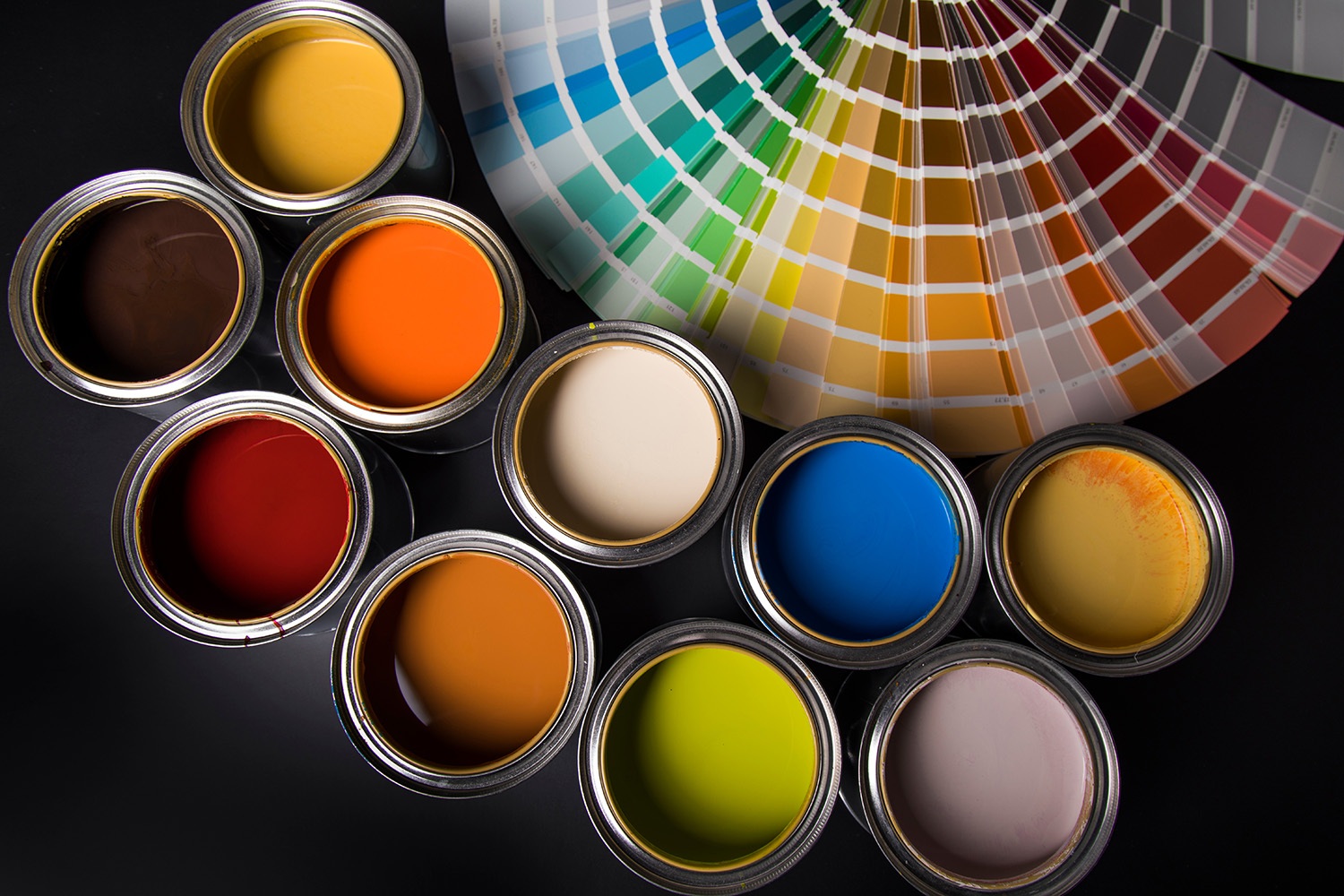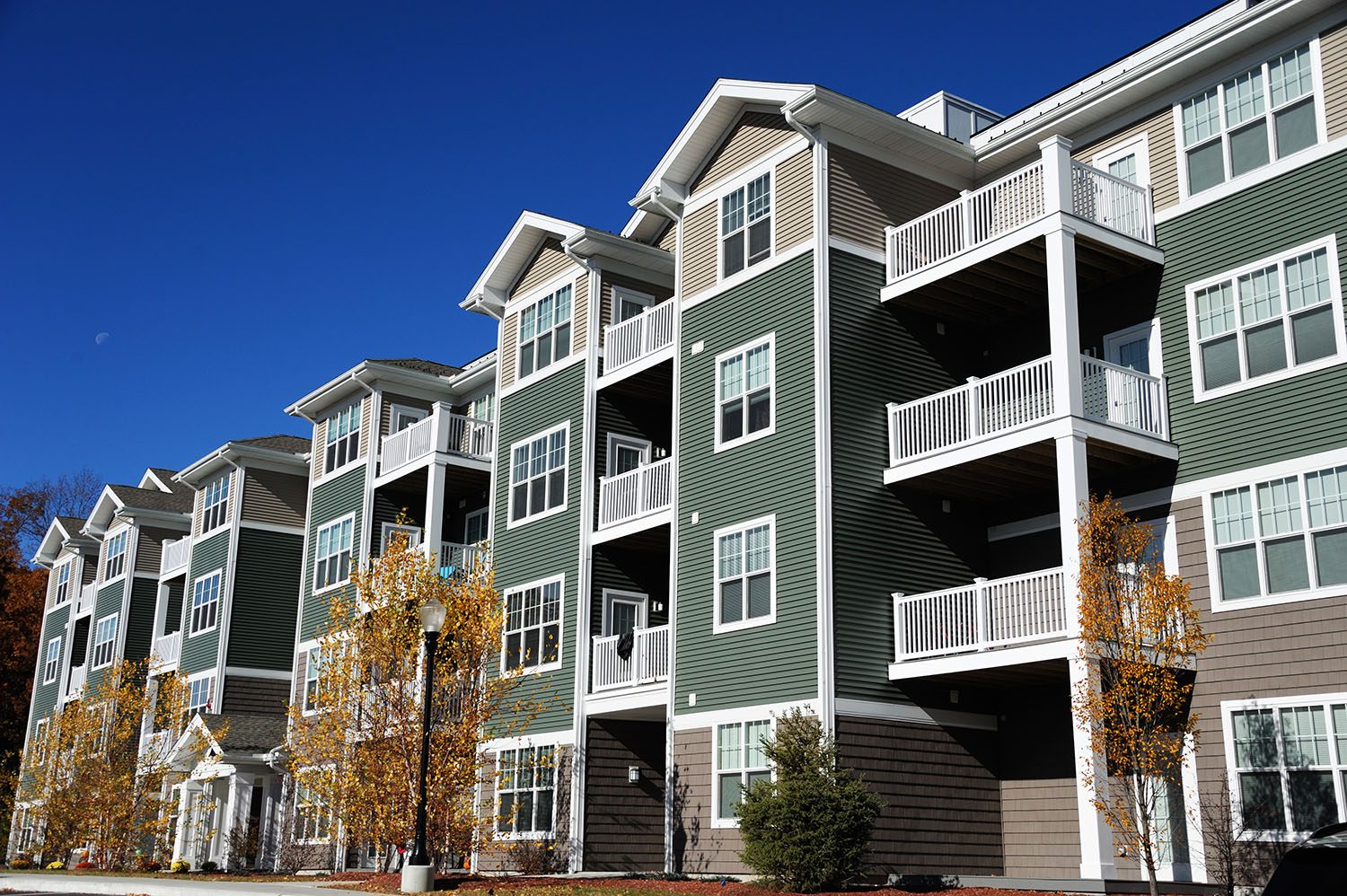Choosing the Right Exterior Paint: A Guide to the Top 3 Paint Types for Your Home

The exterior of your home is the first thing people notice, and the right paint can enhance its curb appeal while providing protection against the elements. Selecting the best paint for your home's exterior involves considering factors like durability, weather resistance, and aesthetic appeal. In this comprehensive guide, we will explore the three best paint types that stand out in terms of performance and longevity for your home's exterior.
1. Acrylic Paint: A Versatile and Durable Option
Acrylic paint has become a popular choice for exterior applications due to its versatility and durability. Comprising pigments suspended in an acrylic polymer emulsion, this type of paint offers several advantages that make it an excellent option for your home's exterior surfaces.
Benefits of Acrylic Paint:
a. Durability and Longevity:
Acrylic paint forms a tough, flexible coating that can withstand the harsh effects of weather, such as rain, sunlight, and temperature fluctuations. This durability ensures that your home's exterior maintains its vibrant appearance for an extended period.
b. Fade Resistance:
One of the notable features of acrylic paint is its resistance to fading. Ultraviolet (UV) rays from the sun can cause conventional paints to lose their color over time, leading to a dull and worn-out appearance. Acrylic paint's ability to resist UV damage ensures that your home's exterior maintains its aesthetic appeal for years.
c. Mildew and Algae Resistance:
Homes in humid climates are susceptible to mildew and algae growth on exterior surfaces. Acrylic paint contains additives that inhibit the growth of these unwanted invaders, preserving the cleanliness and appearance of your home.
d. Ease of Application:
Acrylic paint is user-friendly and easy to apply. Whether you choose to brush, roll, or spray, acrylic paint typically provides excellent coverage and adheres well to various surfaces, including wood, stucco, and concrete.
e. Quick Drying Time:
Unlike oil-based paints, acrylic paint dries relatively quickly. This feature facilitates a faster painting process, allowing you to complete your home's exterior makeover in a shorter timeframe.
Considerations when Using Acrylic Paint:
a. Surface Preparation:
Proper surface preparation is crucial for the success of any paint job, and acrylic paint is no exception. Ensure that the surface is clean, dry, and free from any loose or peeling paint. It's recommended to prime surfaces before applying acrylic paint to enhance adhesion.
b. Quality Matters:
Invest in high-quality acrylic paints for the best results. Higher-quality paints often contain more pigments and binders, leading to improved coverage, durability, and color retention.
c. Temperature and Humidity:
Acrylic paint is sensitive to temperature and humidity during application. Follow the manufacturer's guidelines regarding the optimal conditions for painting, as extreme weather conditions can affect the paint's performance.
2. Alkyd or Oil-Based Paint: Classic Elegance with Exceptional Durability
Alkyd or oil-based paint has been a longstanding choice for exterior surfaces, renowned for its durability and classic finish. This type of paint is made by suspending pigments in an alkyd resin, resulting in a robust and protective coating.
Advantages of Alkyd Paint:
a. Exceptional Durability:
Alkyd paints create a hard and durable finish, making them particularly suitable for high-traffic areas and surfaces exposed to the elements. This durability ensures a long-lasting and resilient coating that can withstand the rigors of outdoor conditions.
b. Smooth and Glossy Finish:
Alkyd paints often provide a smooth, glossy finish that adds a touch of elegance to your home's exterior. This classic look is well-suited for architectural styles that benefit from a more traditional aesthetic.
c. Excellent Adhesion:
Alkyd paints adhere well to various surfaces, including wood, metal, and masonry. This makes them a versatile choice for different types of exterior substrates, providing a consistent and reliable finish.
d. Stain Resistance:
The hard surface created by alkyd paint makes it resistant to stains and easy to clean. This is especially beneficial for homes in areas with heavy pollution or where the exterior is prone to dirt and debris.
Considerations when Using Alkyd Paint:
a. Ventilation:
Alkyd paints typically have a strong odor and release volatile organic compounds (VOCs) during the drying process. Adequate ventilation is crucial when using these paints to ensure a safe and comfortable environment.
b. Application Challenges:
Applying alkyd paint requires attention to detail, and proper surface preparation is essential. Additionally, alkyd paints have a longer drying time compared to acrylic paints, so plan your painting schedule accordingly.
c. Environmental Impact:
Due to the VOC content and the use of solvents, alkyd paints have environmental implications. Consider the environmental impact and local regulations when choosing alkyd paint for your home's exterior.
3. 100% Latex Paint: Environmentally Friendly and Easy to Maintain
For those seeking an environmentally friendly option without compromising on performance, 100% latex paint is an excellent choice. Latex paint, also known as water-based paint, consists of pigments suspended in water and a polymer emulsion, providing a low-odor and easy-to-clean option for your home's exterior.
Benefits of 100% Latex Paint:
a. Low VOC Content:
Latex paint has significantly lower VOC content compared to oil-based paints, making it a more environmentally friendly option. This is particularly important for those who prioritize eco-conscious choices and want to minimize their impact on air quality.
b. Quick Drying Time:
Latex paint dries quickly, allowing for faster recoating and completion of the painting project. This is advantageous when you want to finish the exterior of your home within a limited timeframe.
c. Flexibility and Expansion:
Latex paint is known for its flexibility, allowing it to expand and contract with temperature variations without cracking or peeling. This flexibility is crucial for exterior surfaces that experience significant temperature fluctuations throughout the year.
d. Easy Cleanup:
Water is the primary solvent in latex paint, making cleanup simple and convenient. Brushes and rollers can be easily cleaned with water, reducing the need for harsh solvents and making the painting process more user-friendly.
Considerations when Using 100% Latex Paint:
a. Compatibility with Previous Coatings:
Before applying latex paint, ensure compatibility with existing coatings on the surface. Latex paint may not adhere well to certain oil-based or alkyd paints without proper priming.
b. Surface Preparation:
As with any paint type, proper surface preparation is essential for the success of the painting project. Clean and prime surfaces as needed to ensure optimal adhesion and longevity of the latex paint.
c. Quality Matters:
Invest in high-quality latex paint for the best results. Higher-quality paints often have better coverage, durability, and color retention, ensuring that your home's exterior maintains its appearance for years to come.
Conclusion
In conclusion, selecting the right paint for your home's exterior is a pivotal decision. Whether you opt for the durability of acrylic, the classic elegance of alkyd, or the eco-friendly attributes of 100% latex, the key lies in understanding your unique needs. Consider the climate of Charlotte, NC, and the specific requirements of your siding. By choosing the appropriate paint type, you not only enhance your home's aesthetic appeal but also provide lasting protection against the elements. Invest wisely, follow proper application procedures, and when you're ready, choose a siding paint color that matches your style.


